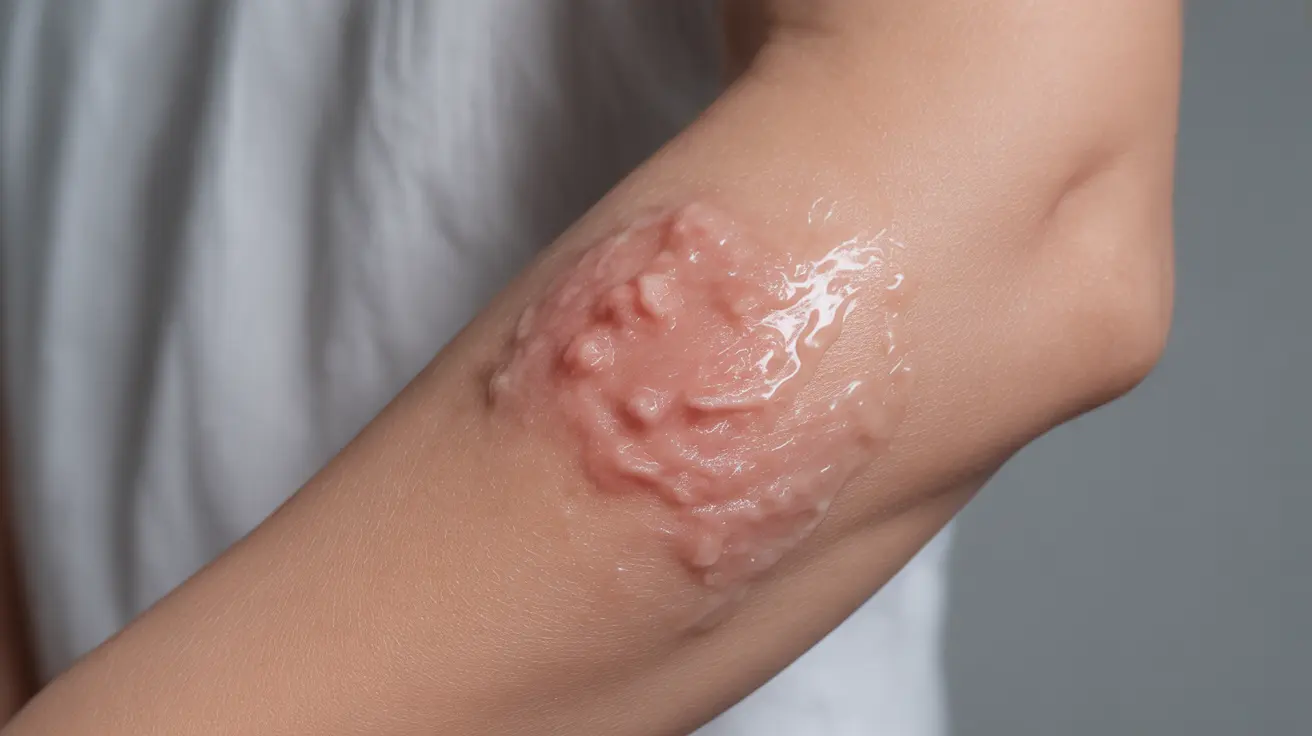While rosehip oil is widely celebrated for its potential skincare benefits, it's crucial to understand its possible drawbacks and safety considerations before incorporating it into your routine. This comprehensive guide explores the potential disadvantages of rosehip oil, helping you make an informed decision about its use.
Understanding Rosehip Oil Composition
Rosehip oil contains various active compounds, including vitamin A (retinol), vitamin C, and essential fatty acids. While these components contribute to its beneficial properties, they can also be responsible for adverse reactions in some individuals.
Common Side Effects and Reactions
Skin Sensitivity Issues
Some people may experience skin reactions when using rosehip oil, including:
- Redness and irritation
- Itching or burning sensation
- Contact dermatitis
- Temporary skin inflammation
Photosensitivity Concerns
The high vitamin A content in rosehip oil can make your skin more sensitive to sun exposure. This increased photosensitivity may lead to:
- Faster sunburn development
- Increased risk of sun damage
- Enhanced hyperpigmentation
Risk Factors for Specific Skin Types
Acne-Prone Skin
Despite its non-comedogenic rating, rosehip oil may not be suitable for everyone with acne-prone skin. Some users report:
- Increased breakouts initially
- Clogged pores in some cases
- Skin congestion
Sensitive Skin Considerations
People with sensitive skin should be particularly cautious when using rosehip oil, as they may be more prone to adverse reactions and irritation.
Safety Precautions and Usage Guidelines
Proper Storage Requirements
Rosehip oil can quickly oxidize, potentially leading to reduced effectiveness and increased risk of skin irritation. Proper storage is essential:
- Keep in a dark, cool place
- Use dark glass containers
- Monitor for changes in color or smell
- Replace every 6-12 months
Quality and Purity Concerns
The effectiveness and safety of rosehip oil largely depend on its quality. Poor-quality products may contain:
- Harmful additives
- Contaminated ingredients
- Diluted concentrations
Frequently Asked Questions
What are the common skin reactions or allergic side effects caused by rosehip oil?
Common skin reactions to rosehip oil include redness, itching, burning sensation, and contact dermatitis. Some users may experience temporary inflammation or heightened skin sensitivity. These reactions are typically more common in individuals with sensitive skin or those with existing skin conditions.
Can rosehip oil supplements increase the risk of kidney stones or interact with medications?
Rosehip oil supplements may interact with certain medications and could potentially increase the risk of kidney stones due to their high vitamin C content. It's essential to consult with a healthcare provider before taking rosehip supplements, especially if you have a history of kidney stones or are on medication.
How should I perform a patch test to check for skin sensitivity before using rosehip oil?
To perform a patch test, apply a small amount of rosehip oil to the inner forearm and wait 24 hours. Monitor the area for any signs of irritation, redness, or allergic reaction. If no adverse reactions occur, it's generally safe to use on your face and other areas.
Is rosehip oil safe for people with oily or acne-prone skin, and can it cause breakouts?
While rosehip oil is generally non-comedogenic, some people with oily or acne-prone skin may experience increased breakouts initially. It's recommended to start with a small amount and gradually increase usage while monitoring your skin's response.
Are there any health conditions that make using rosehip oil or supplements unsafe?
Rosehip oil may be unsuitable for people with certain conditions, including severe skin allergies, bleeding disorders, or those preparing for surgery. Pregnant women and individuals with hormone-sensitive conditions should consult their healthcare provider before use.




